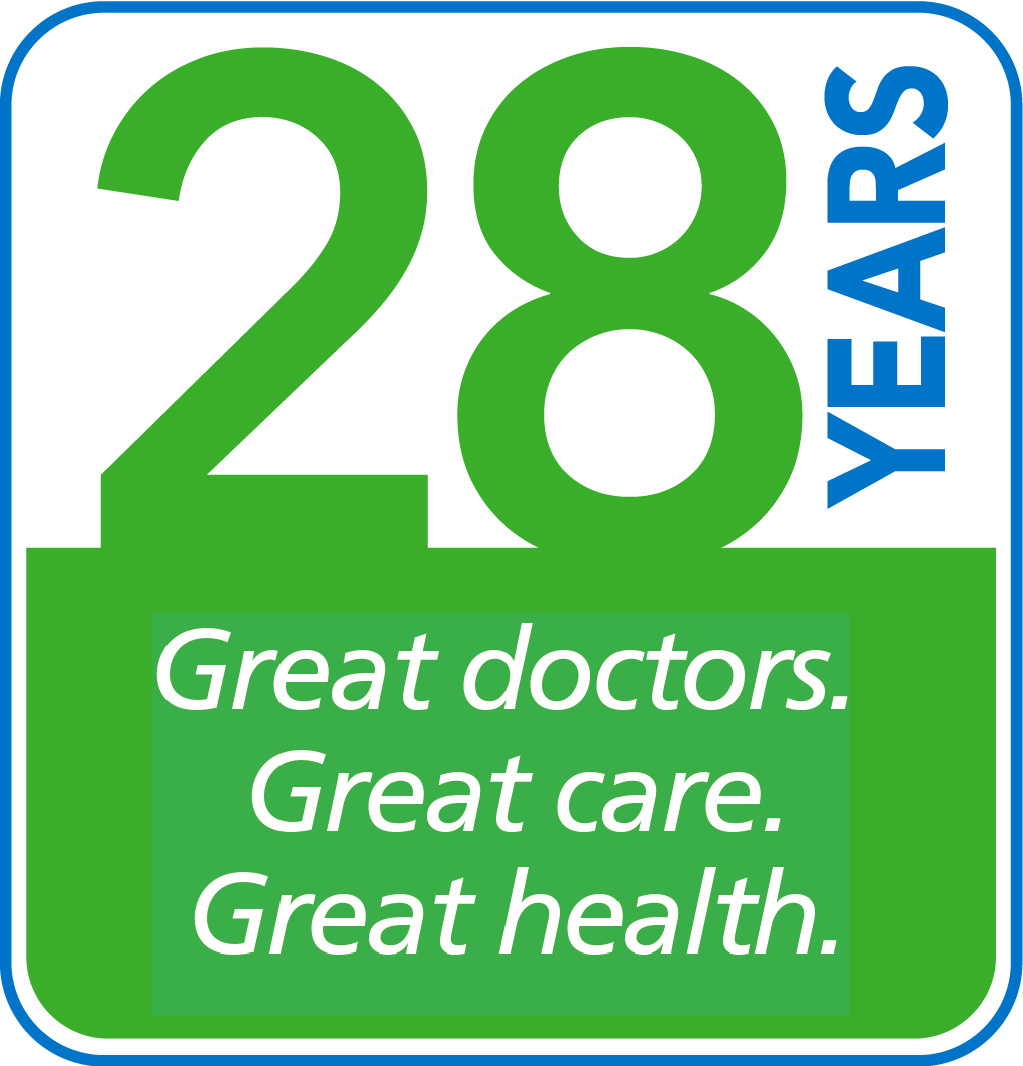By: SERINA J. LEWIS, M.D.
Do you know if you’re at risk for heart disease? It’s the #1 cause of death, but many people have no clue if they’re at risk for it. In this case, ignorance isn’t bliss, it could be deadly.
When it comes to your risk for heart disease, there are things you can’t control and things you can.
What you can’t control
- Being male: Sorry, guys. While both men and women suffer from heart disease, men tend to be at higher risk and get it at a younger age. That doesn’t let women off the hook, though; men and women tend to develop heart disease at nearly the same rates.
- Older age: No surprise here. Adults 65 and older are more likely than younger people to suffer from cardiovascular disease.
- Family history of heart disease: While you get your good looks from your parents, you can also inherit genes that put you at greater risk for heart disease. In fact, the condition tends to run in families.
- Being postmenopausal: Menopause doesn’t cause cardiovascular disease, but certain risk factors begin to increase around the time of menopause.
- Race: African American, Native American, and Mexican American people are more likely to have heart disease.
What you can control
Some things you can’t change, but many things you can. Heart disease is greatly influenced by lifestyle factors, such as:
- Smoking
- Unhealthy cholesterol numbers (see video below)
- Uncontrolled high blood pressure
- Physical inactivity
- Obesity (having a BMI greater than 25)
- Uncontrolled diabetes
- Stress, including depression and anger
- Poor diet
- Alcohol use
Any of these factors, or a combination of them, greatly increases the chances you will get heart disease.
Bottom line: Control what you can
Research shows your risk for heart disease can be significantly lowered by making lifestyle changes, such as quitting smoking, improving your diet, and losing weight. Your MPCP healthcare provider can assess your blood pressure, diabetes and cholesterol levels, and help you create a plan for managing them. Making these changes will not only reduce your heart disease risk, but you’ll generally be healthier and feel better.
Watch this video to learn how “knowing your numbers” can help lower your risk for heart disease.
 Dr. Lewis earned her medical degree from Georgetown University School of Medicine and is certified by the American Academy of Family Physicians. She sees patients in MPCP’s Bowie office.
Dr. Lewis earned her medical degree from Georgetown University School of Medicine and is certified by the American Academy of Family Physicians. She sees patients in MPCP’s Bowie office.




